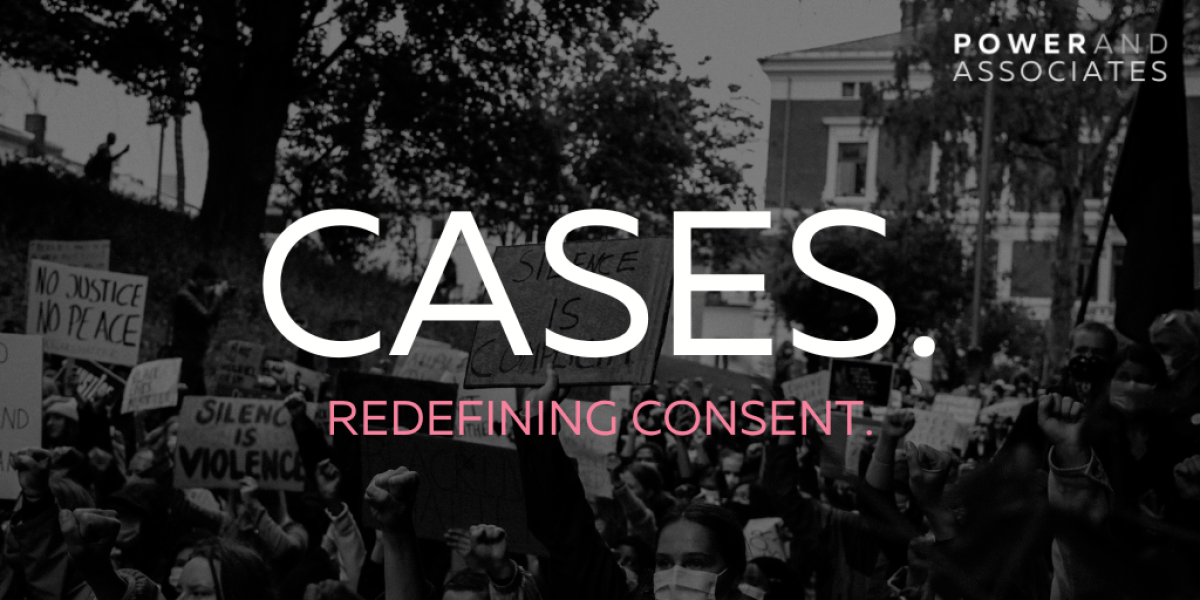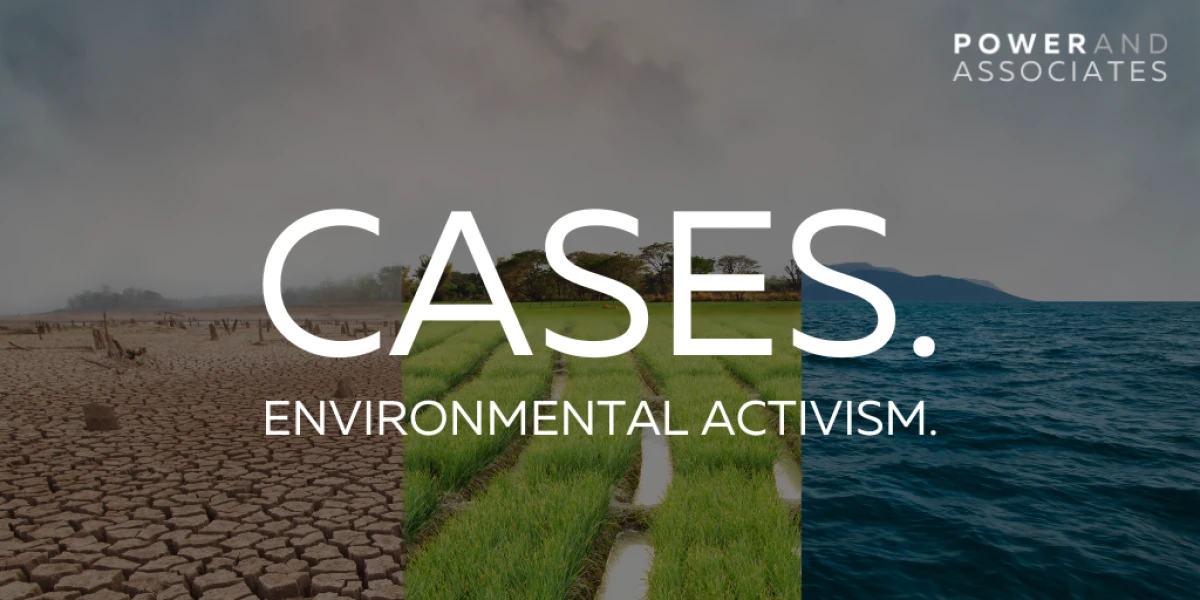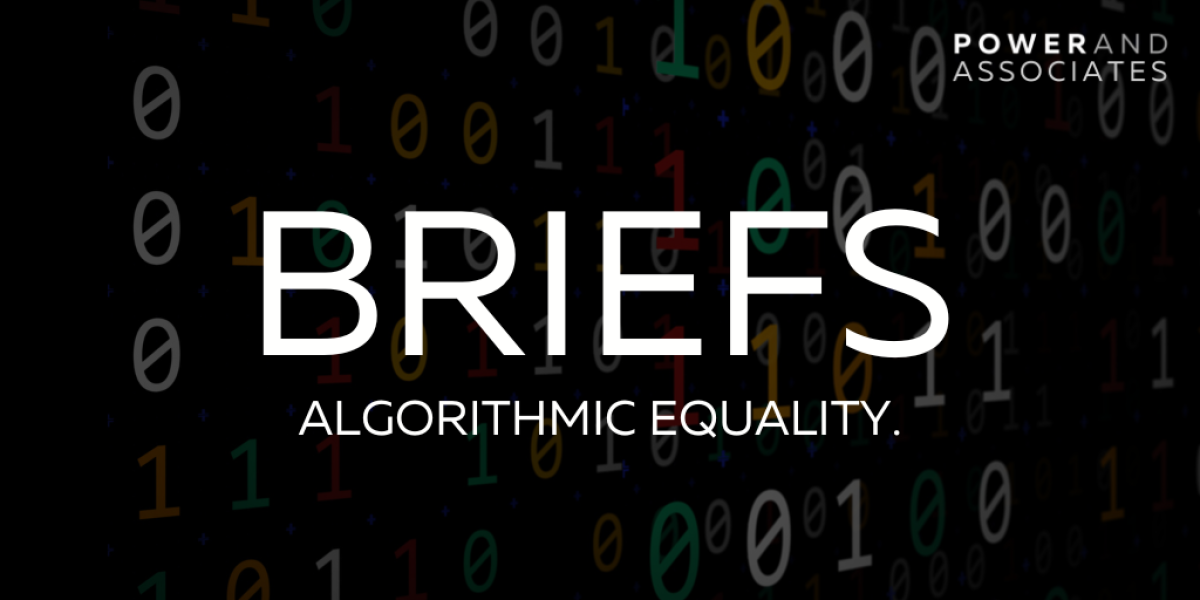High Court orders Trillian to repay ill-gotten gains to Eskom
Eskom Holdings SOC Limited v McKinsey and Company Africa (Pty) Ltd and Others, Case No. 22877/18
Date of judgment: 18 June 2019
Court: High Court of South Africa (Gauteng Division, Pretoria)
*****
Relevance of the case
The High Court of South Africa (High Court) has set aside the impugned decisions taken by Eskom Holdings SOC Limited (Eskom) to enter into certain agreements and make substantial payments to McKinsey and Company Africa (Pty) Ltd (McKinsey), as well as Trillian Management Consulting (Pty) Ltd and Trillian Capital Partners (Pty) Ltd (Trillian). While McKinsey had already repaid its moneys received to Eskom, Trillian continued to argue that it was entitled to the payments that had been made to it during 2015 and 2016 in terms of the impugned decisions. In determining a just and equitable remedy, the High Court ordered Trillian to repay the sum of R595 228 913 plus interest to Eskom.
According to the High Court: “The only and effective remedy, that is just and equitable, in the circumstances of this matter, is that the substantial resources paid to Trillian, in the absence of either factual or legal basis, must be returned to Eskom for the utilisation of such resources to all the inhabitants of this country. This will not only be just and equitable, but will be to strengthen the rule of law, the very foundation of any constitutional state such as ours.”
Factual background
In March 2018, Eskom – the state-owned entity responsible for electricity generation in South Africa – launched an application to review and set aside its unlawful decisions that resulted in payments in excess of R1,7 billion to McKinsey and Trillian. The impugned decisions related to two contracts concluded with McKinsey in 2015 and 2016, respectively.
The first contract only endured for a period of three months, and was awarded without any tender process. During this three month period, McKinsey was paid over R70 million and Trillian was paid over R30,6 million. According to the evidence before the court, the payment to Trillian was made notwithstanding the fact that Trillian only had two employees at the time who had done no billable work for Eskom.
Following a determination by McKinsey that it would no longer be engaging Trillian as its broad-based black economic empowerment (BBBEE) partner, the agreement was terminated. As stated in the judgment: “Surprisingly, Trillian was paid about R600 million by Eskom, ostensibly on the basis that Trillian was McKinsey’s BBBEE partner and that the payment was allegedly for damages suffered by both McKinsey and its BBBEE partner, which by the way is not named, because of the early termination of the [agreement]. As a result of the settlement agreement reached with Eskom, McKinsey benefited to the tune of over R1 billion”.
Eskom sought to review and set aside the agreements and resultant payments in terms of the principle of legality contained in section 1(c) of the Constitution of the Republic of South Africa, 1996.
Findings of the High Court
According to the judgment, McKinsey repaid the moneys to Eskom after “[r]ealising that this substantial payment by Eskom was unjustifiable and indefensible”. A further payment was made thereafter for the interest earned on the moneys. McKinsey did not directly participate in the proceedings, save to indicate that it did not conclude any contract with Trillian.
The uncontested evidence of both Eskom and McKinsey indicated that Trillian was not entitled to the payment received from Eskom. Trillian argued, however, that it was indeed entitled to retain the payments received as it had no knowledge of the internal workings at Eskom and had an agreement with McKinsey
Trillian argued further that Eskom’s case was based on hearsay evidence, and that the matter should be referred to oral evidence. In assessing the evidence, the High Court concluded that, taking into account all relevant factors, it was satisfied that the evidence was reliable and it had no reason to doubt its veracity.
Moreover, the High Court was of the view that the evidence presented was both relevant and the best evidence available. It was noted that many of the role-players who had been involved at the relevant time had since departed Eskom, and were now implicated in allegations of maladministration and irregular payments; as such, it would be unrealistic and unreasonable to expect Eskom to make use of their support in presenting its evidence.
With regard to the referral to oral evidence, Trillian argued that it was necessary to cross-examine witnesses as there were disputes of facts. On an assessment of the evidence before it, the High Court concluded that there was no basis for the matter to be referred to oral evidence. The High Court’s considerations in this regard included, among others, that there was no contractual or legal basis for the payments made by Eskom to Trillian; payments were made as a result of corrupt dealings between Eskom officials and Trillian representatives; and the Trillian invoices were inflated, fraudulent and unlawful.
The High Court therefore concluded that the issues raised by Trillian of disputes of fact “are in essence fictitious issues of fact which are aimed at delaying the hearing of the matter and causing prejudice to Eskom”.
Order of the High Court
In determining what would be a just and equitable remedy, the High Court emphasised the following:
That a party such as Trillian should not benefit from unlawful conduct is more than clear. In the present matter, where there was neither factual nor legal basis for Trillian to be paid such substantial amount of public moneys, it is indeed just and equitable that such moneys be returned to Eskom. To prove that indeed crime, no matter what euphemism is used in describing such unlawful conduct, does not pay. That indeed the cancer of corruption can be eradicated and those who benefit from ill-gotten gains will be deprived of such gains. In the ultimate end, this would encourage good and ethical behaviour in public procurement matters and thus entrench the rule of law.
In the result, the High Court declared the impugned decisions to be unlawful and invalid, and therefore set the decisions aside. Further, the payments made by Eskom to Trillian arising from the impugned decisions were also declared unlawful and invalid. In this regard, Trillian was ordered to repay Eskom the sum of R595 228 913 plus interest from the date of judgment to the date of payment.
The full judgment is accessible (via SAFLII) here.
Please note: The information contained in this note is for general guidance on matters of interest, and does not constitute legal advice. For any enquiries, please contact us at [email protected].





